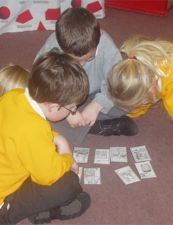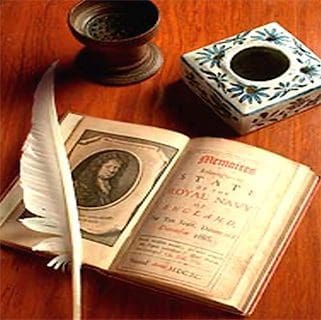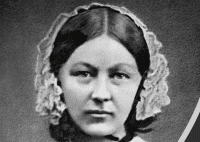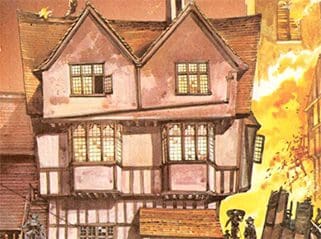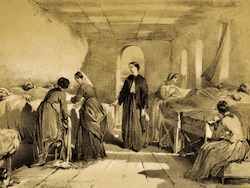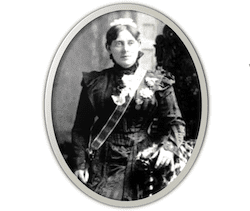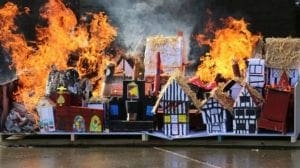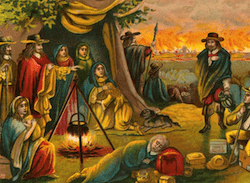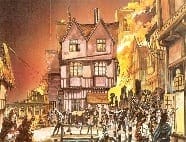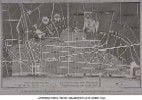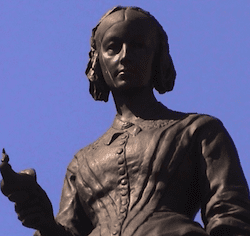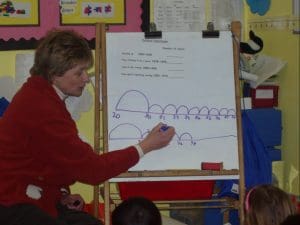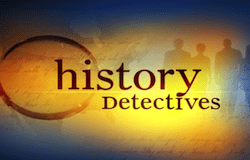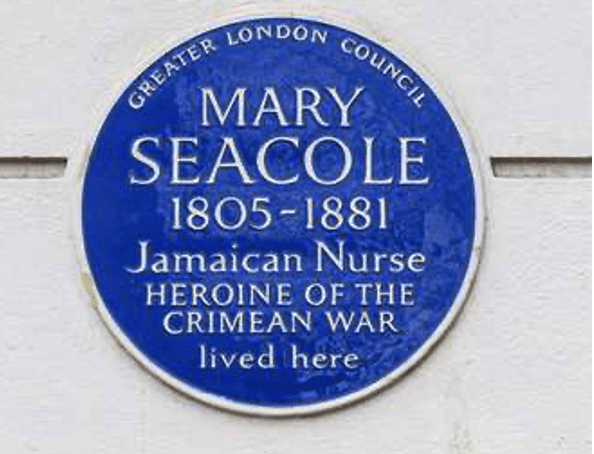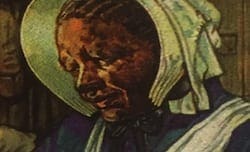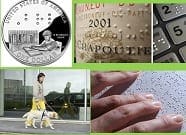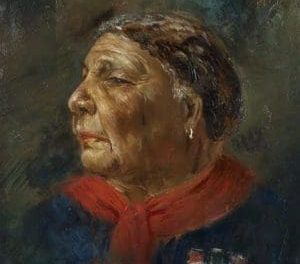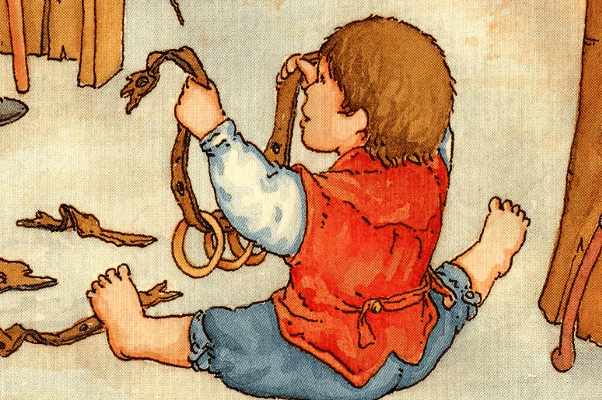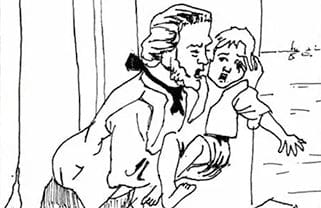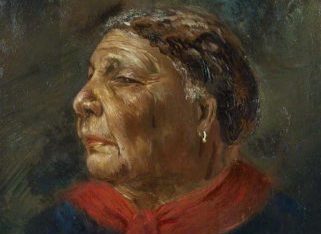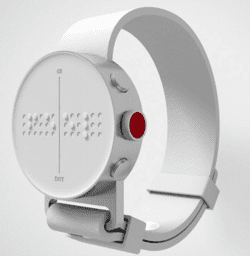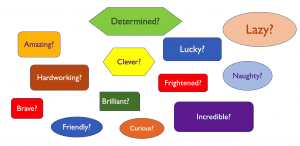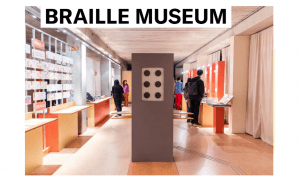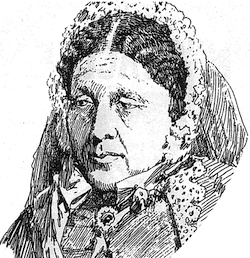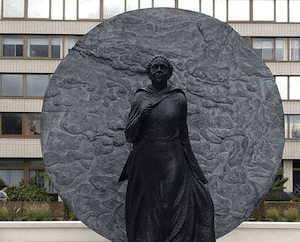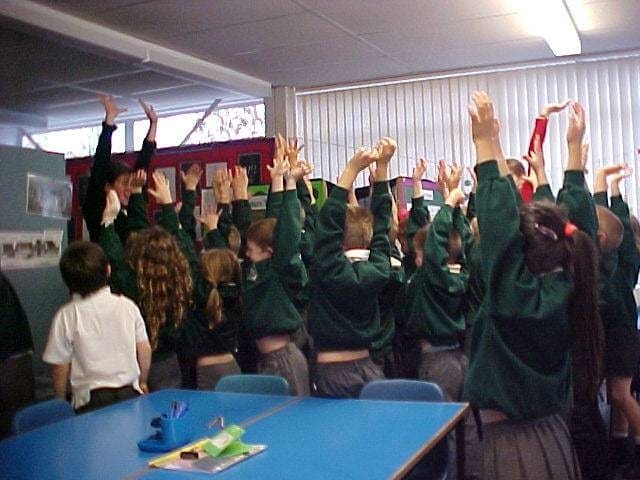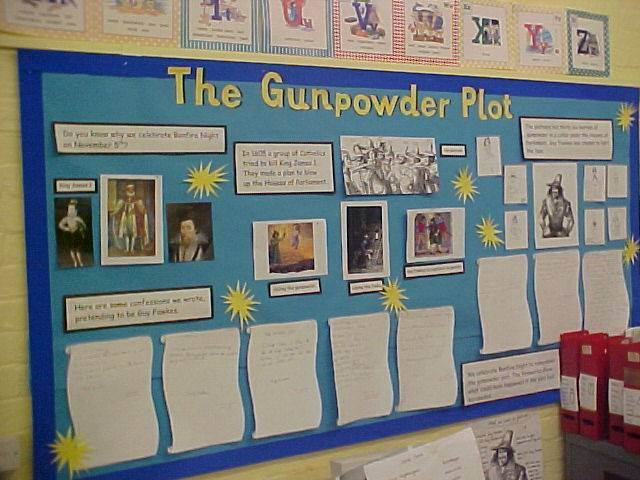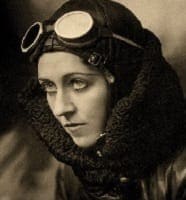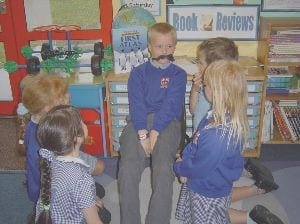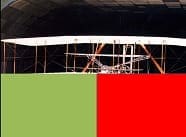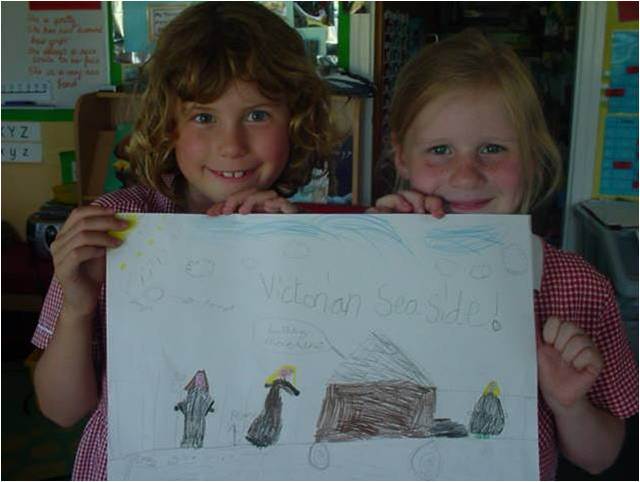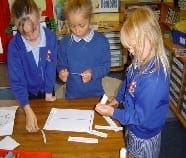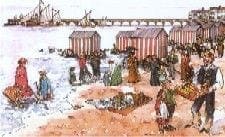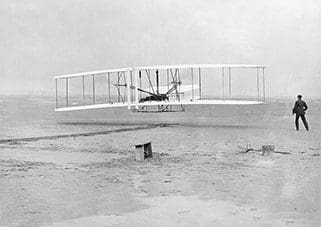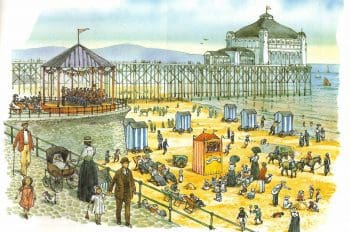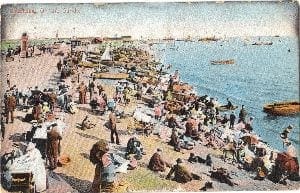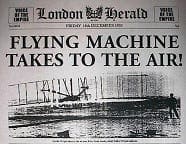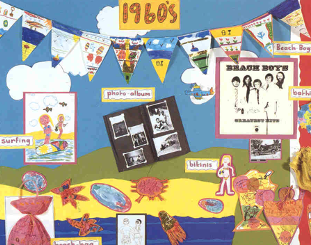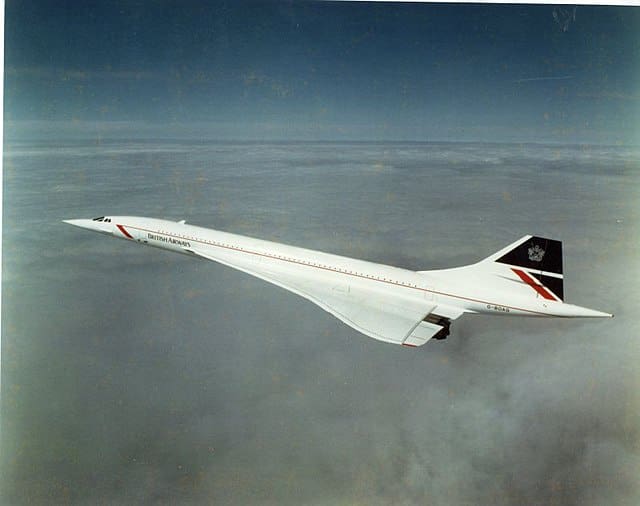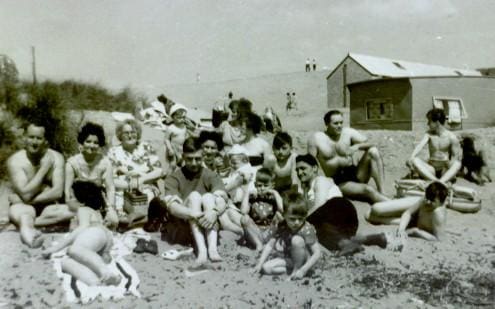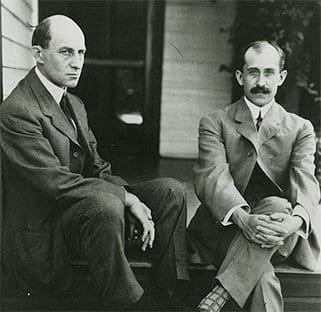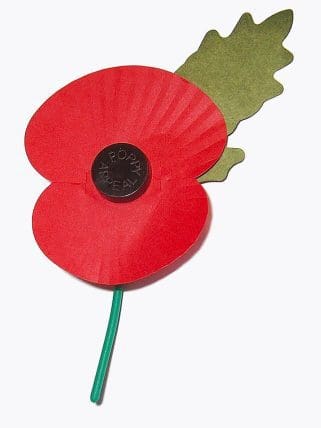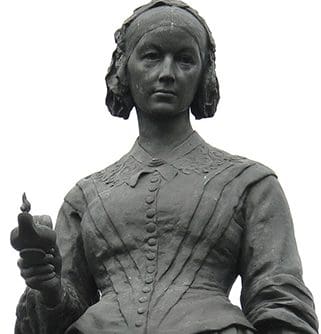Teaching history at Key stage 1
The Great Fire – KQ2 – What happened during the Great Fire and how do we know?
This lesson focuses on the idea of evidence and proof. Can pupils find evidence to back up statements made in…
Read MoreFlorence Nightingale – KQ1 – Why do we think Florence Nightingale is remembered?
Pupils make deductions from a range of visual clues to see if they can work out what job Florence Nightingale…
Read MoreFlorence Nightingale – KQ2 – Why did Florence place herself in such danger by going to the Crimea?
Who influenced her decision to go? Already introduced to the major events in Florence’s life, children now speculate on why…
Read MoreThe Great Fire – KQ3 – Why did the Great Fire burn down so many houses?
This Great Fire lesson focuses on developing children’s powers of explanations. They will already have looked at the sequence of…
Read MoreFlorence Nightingale – KQ3a – Fighting Fit. What did Florence do to improve the lives of the soldiers when she arrived in the Crimea?
In this lesson children compare the appalling conditions in the hospitals on Florence’s arrival at Scutari. With the help of…
Read MoreFlorence Nightingale – KQ3b – Smart task – What did people really think of Florence Nightingale?
Learning objectives children can respond in role showing awareness of differing attitudes to Florence they can judge whether each group…
Read MoreThe Great Fire – KQ4 – Could more have been done to slow the spread of the fire?
This session comprises three distinct phases. The first is mime-based, looking at the firefighting methods used and discussing their disadvantages….
Read MoreThe Great Fire – KQ5 – How did people manage to live through the Great Fire?
Miraculously for a city that was the third largest in the world, consumed by a fire that lasted for days,…
Read MoreThe Great Fire – KQ5 Additional Resource – Crowdfunding is nothing new
Extra information to support your teaching of Key Question 5 – Crowdfunding is nothing new As we stress in this…
Read MoreThe Great Fire – KQ6 – How shall we rebuild London after the Great Fire?
This lesson gives full rein to children’s creative flair, disciplined by evidence. The City of London is offering a prize…
Read MoreFlorence Nightingale – KQ4a – What was Florence Nightingale’s greatest achievement?
Pupils have been drafted in to help with the wording on a statue to Florence Nightingale which had badly worn…
Read MoreFlorence Nightingale – KQ4b – Florence Nightingale’s days are numbered. Brilliant cross-curricular History and Mathematics
Every so often you see an inspiring example of history and numeracy working together seamlessly. Such a lesson was taught…
Read MoreFlorence Nightingale – KQ5 – How do we know so much about Florence Nightingale when she lived so long ago?
This differentiated core activity is Prove it! Working in pairs as detectives with their own find the clue sheets and…
Read MoreFlorence Nightingale – KQ6 – Should Florence Nightingale rather than Mary Seacole have her statue at St.Thomas’ hospital?
NB This lesson overlaps, as you would expect, with a similar lesson on Mary Seacole. It is slightly different in…
Read MoreMary Seacole – KQ1 – How can we work out why Mary Seacole is famous?
This session focuses on working out WHY Mary Seacole is commemorated today 200 years after she was born, and looks…
Read MoreKS1 Medium Term Planner: Louis Braille
The current history curriculum at KS1 asks schools to provide a little more coherence in their choice of significant people…
Read MoreMary Seacole – KQ2 – What were the most important events in Mary’s life?
Pupils watch a short film to establish the outlines of the story and then have to sequence a differentiated set…
Read MoreLouis Braille – KQ1 – Why do you think Louis Braille is remembered today: Smart task
This session comprises two activities. Activity 1 – Pupils try to work out why Braille might be famous from visual…
Read MoreMary Seacole – KQ3 – What was Mary’s greatest achievement and how do we know?
The focus here is mainly on the evidence for Mary’s achievement. This is important as she was a more-or-less forgotten…
Read MoreLouis Braille – KQ2 – What were the most important moments, and who were the most significant people, in Louis Braille’s life?
This session comprises 3 key activities, so it is important to devote sufficient time to it. Please note that activities…
Read MoreLouis Braille – KQ3 – What motivated Louis? Why did he decide to invent a system of writing for the blind? Smart task
In contrast to the multi-faceted KQ2, these two relatively short activities will not take as long. They focus on Louis’…
Read MoreMary Seacole – KQ4 – How did life change for Mary after the Crimean war?
Pupils create a fortunes graph showing the highs and lows of Mary’s life after the Crimea, identify a key turning…
Read MoreLouis Braille – KQ4 – What changes to people’s lives did Louis make?
Step 1 This is a short activity in which pupils are asked to think of any uses of Braille they…
Read MoreLouis Braille – KQ5 – What makes Braille so special? Smart task
This very short task is preliminary to the major task that follows in KQ6 which explores how we should commemorate…
Read MoreLouis Braille – KQ6 – What should go in our Braille museum? Curator’s dilemma
Set the scene When Louis died no national papers covered the story. 100 years later in 1952 his body was…
Read MoreMary Seacole – KQ5 – What made Mary so special?
A short session aimed at generating adjectives to capture the special qualities that Mary had and to provide examples of…
Read MoreMary Seacole – KQ6 – Why doesn’t everyone agree that Mary deserves her statue at St. Thomas’ hospital?
This lesson places pupils in the role of Mantle of the Expert. A new monument to Mary Seacole was erected…
Read MoreWhat the latest biography of Mary Seacole tells us
In Helen Rappaport’s latest book “In Search of Mary Seacole: Making of a cultural icon”, we are told how Mary’s…
Read MoreTeaching the Gunpowder Plot to Key Stage 1
Ever since the Gunpowder Plot was included in the Programme of Study for Key Stage 1, there have been howls…
Read MoreGunpowder Plot – Key Stage 1
If you are teaching about Bonfire night, Guy Fawkes or the Gunpowder Plot you will find the planning advice and…
Read MoreGuidance for teaching Amy Johnson as a Famous Person in Key Stage 1
This study of a significant individual has been designed to form part of a broader topic on a similar theme…
Read MoreKS1 History Planning for Going to the Seaside topic
Medium term planning and planner for Going to the Seaside KS1 This history topic has been designed to be taught…
Read MoreTeaching the Wright Brothers as a Famous Person in Key Stage 1
The Wright brothers offers an exciting opportunity for pupils to explore a topic that should engage their interest, provide plenty…
Read MoreWright Brothers – KQ1 – What do you think the Wright brothers did to make them famous?
At the very start of the topic, on the assumption that you haven’t told them what the topic is about!!…
Read MorePlanning for a cross-curricular topic on Going to the Seaside
This advice with associated downloadable resource below is for KS1 teachers planning a cross-curricular topic and focuses on how to…
Read MoreWright Brothers – KQ2 – How did the Wright brothers manage to be the first to launch a man powered flight?
This enquiry comprises a series of three smart tasks: the first is a sequencing task based on storytelling; the second…
Read MoreGoing to the seaside – KQ1 – What was going to the seaside like 100 years ago? Writing a quality postcard home, avoiding the martini syndrome?
If you have ever asked children in Y1/2 to write a postcard home as if it were from Victorian times…
Read MoreWright Brothers – KQ3 activity 1 – Why did the Wright brothers succeed where others had failed?
Sarah Duck describes how her class tackled this key question. The task involves children reading small diamond-shaped text cards, to…
Going to the seaside – KQ2 – What did people do at the seaside 100 years ago?
From mime to movie. SMART TASK This fun activity is carried out by children working on tables of six. Half…
Read MoreWright Brothers – KQ3 activity 2 – Spying on the Wright Brothers.
This reconstruction relay – part of KQ3, Why did the Wright Brothers succeed where others had failed – is fantastic…
Read MoreGoing to the seaside – KQ3 – How do we know what holidays were like 100 years ago?
Designing an authentic Edwardian Seaside Poster This KS1 history lesson uses the Mantle of the Expert approach to place pupils…
Read MoreWright Brothers – KQ4 – The Wright Brothers first flight. KS1 Prove it!
How can we possibly know about the Wright Brothers first flight when there’s nobody alive now who saw it? This…
Read MoreGoing to the seaside – KQ4 – Do we go on seaside holidays for the same reason people went 100 years ago?
Children discuss the reasons they might have for going on a seaside holiday NOW and then think of the different…
Read MoreWright Brothers – KQ4 – one teacher’s alternative approach – Wright brothers: prove to me that it really happened
This lesson was taught by Sarah Duck, Leading Teacher for History, Hampshire LA. She kindly describes for us how the…
Read MoreGoing to the seaside – KQ5a – How have seaside holidays changed over time?
Can you help Grandma sort these seaside holiday photos? This smart task which forms the first half of this KQ5…
Read MoreWright Brothers – KQ5 – How did flight change as a result of the Wright Brothers’ work?
This activity goes beyond simple sequencing of images, which pupils first attempted at the start of the topic, to explaining…
Read MoreGoing to the seaside – KQ5b – How have seaside holidays changed? What our grandparents tell us
This lesson finds children producing a questionnaire, collecting data from grandparents, feeding data into a database and then drawing conclusions. …
Read MoreWright Brothers – KQ6 – How should the Wright brothers be remembered?
Commemorating the Wright brother’s achievements with words young children can understand Pupils have to create a plaque to commemorate the…
Read MoreRemembrance Day – When did we start wearing poppies and have we always done so?
More than a century ago, in 1921, paper poppies were first sold to raise money for returned soldiers of the…
Read MoreSmart task Florence Nightingale and Mary Seacole: Who said it? / Who am I?
This simple task encourages children to spot the differences between Florence Nightingale and Mary Seacole. With a large A4 image…
Read More
